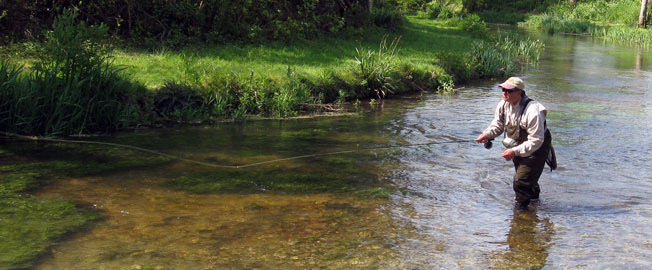February 4, 2016
One evening last week my wife Barbara and I flew out of Baltimore's BWI airport en route to Dallas after a brief visit with our Virginia and Maryland family. Out the window I watched as the lights of the Washington,DC metropolitan area spread out horizon to horizon.
I love looking at city lights from above. In my teens and early 20s I served as a crew member on an Air Force transport plane. One evening after dropping off passengers at Washington,DC, we headed cross country to Dayton, Ohio to drop off a few more passengers. We had left Puerto Rico earlier in the day, and by now it had gotten dark.
Sitting on a jumpseat between the two pilots, I watched the lights of cities and towns roll up from the horizon, loom and disappear under us. It was like breasting waves of darkness and light. This short night flight, from Washington to Dayton showed me a majestic America that still lives in my heart.
It made me proud to serve the people these brilliant passing clusters of light represented.
Leaving Baltimore last week I had a similar feeling as I watched darkness replace the lights of cities and towns as our Boeing jet climbed and set course to Dallas. Then questions began arising in my mind as the wind passed by my window.
What would happen to our people if suddenly all the lights in America went out, or even became significantly more dim? A memory of the New York City blackout of 1977 passed briefly through my mind; pictures of looting, rioting, and arson. This memory was quickly replaced by darker questions.
Has the light dimmed in America? Is the light going out?
Teaching His first disciples on the mountain, Jesus said: "You are the light of the world. A city set on a hill cannot be hidden."
How much light are we modern disciples shedding in our land? How many of us are looking more like shadow than light?
These questions left a much different feeling than the feeling I had as an airman on my night flight from Washington to Dayton in the late '60s.
"You are the light of the world", said Jesus Christ to His disciples. How true is this of me? How true is this of Jesus' modern church?
The feeling I have as I write is not the majestic feeling I enjoyed decades ago, as cities passed beneath our military wings en route to Dayton. Instead what I feel now is God prodding me to turn more directly to the light and get some to share with the troubled people of this present time.
Published previously on Facebook




